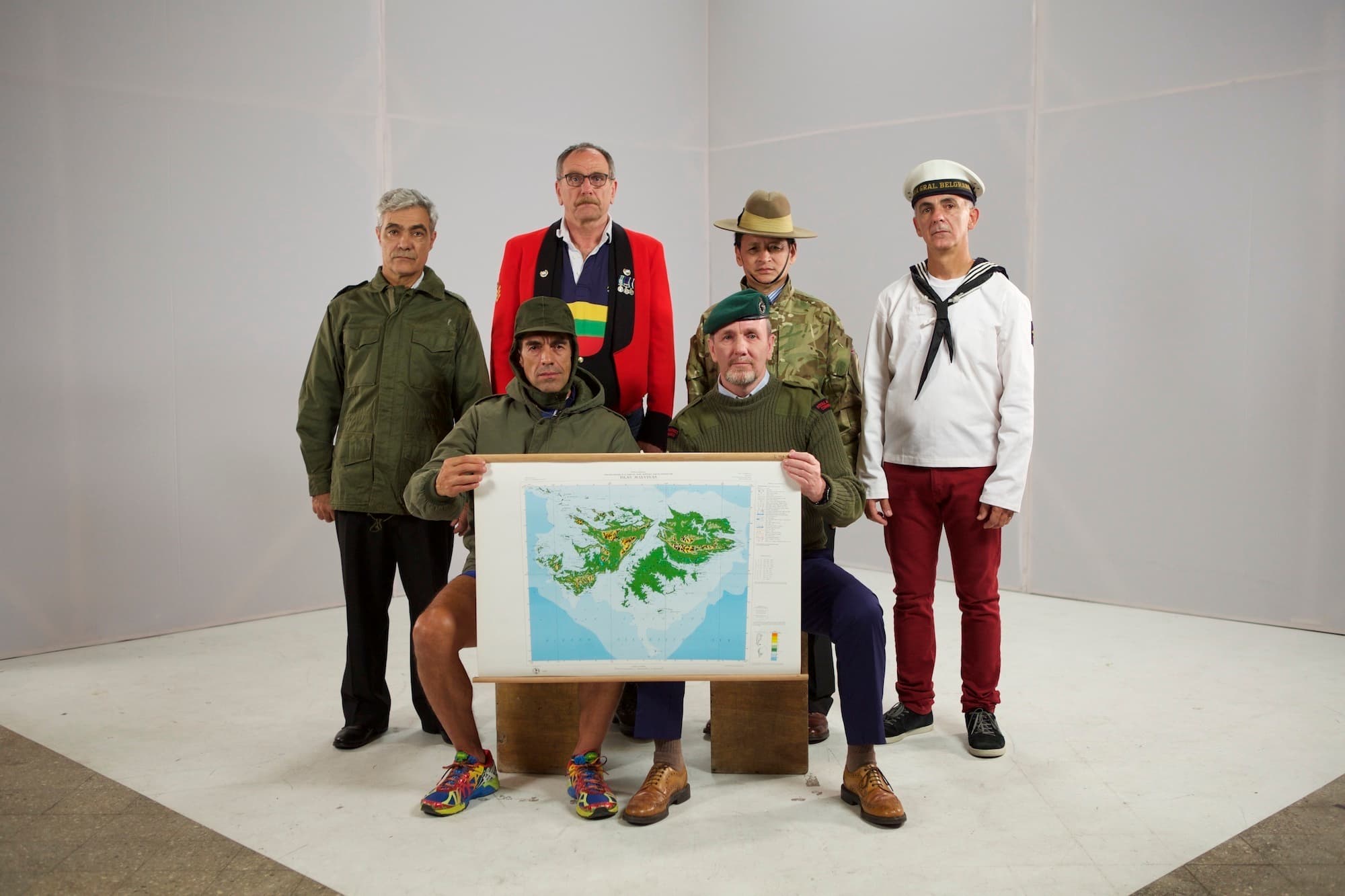
Playing Dead: Notes on Theatre of War and the staged documentary
When we say that someone is playing dead, we mean that they are acting dead to survive, faking death so as not to be killed. The idea that playing dead can save your life is something I’ve always liked. And for a long time I thought that my film Theatre of War should be called Playing Dead.
In the film, a group of Argentine and British veterans from the Falklands/Malvinas War come together to reconstruct their war memories through various performances. With rehearsed and improvised scenes, they re-live situations they experienced in the past and live new situations. Here are six survivors, acting out a shared past and discovering a common present. Death is always present in the scene, but so too is the encounter in life with these one-time enemies. They use maps, models, clothes, masks, and musical instruments to portray the war without epic feats or heroism, as they ponder on the collateral effects that this experience has had on a handful of men who were eighteen or nineteen when they fought and now, almost sixty, reconstruct their memories.
Staged documentary
Theatre of War is my first film, after over fifteen years directing documentary plays. While film has the power to freeze the present in an image, theater is pure present, constructed from repetition, rehearsal, staging. Theater starts out from a convention of reality, not that naked reality that documentary cinema sometimes assumes. And perhaps because I come from the theater, my first film presents real characters acting in real spaces as if they were sets, as if reality itself were the scenery.
Theatre of War is what we might call a staged documentary, that is, a documentary film with staging and protagonists who reconstruct a shared experience. Unlike observational documentary, in staged documentary the protagonists act, re-live, reconstruct their past. So we could say that this tradition uses re-enactment but also fiction to re-appropriate an experience.
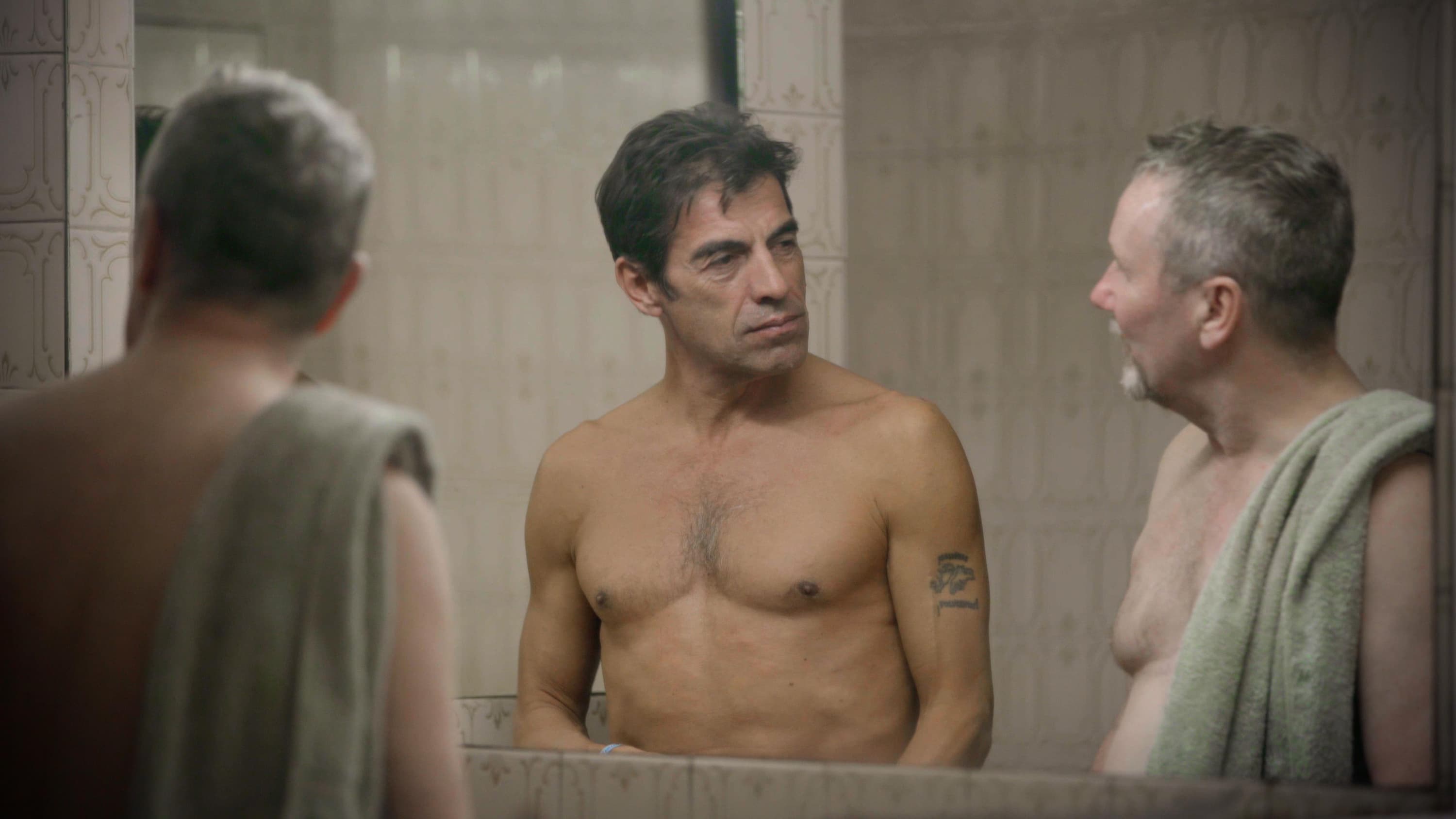
Social experiment
Every documentary is a social experiment. The difference is that in the staged documentary, the rules of the experiment are all laid out. There is an explicit premise. In the case of Theatre of War, it is that six former enemies come together to reconstruct the history of a war they all fought in.
Part of the experiment has a predictable result. They are familiar with what they are going to reconstruct: the war. But another part is unpredictable. What will happen when those people meet in that unknown territory to undertake that journey?
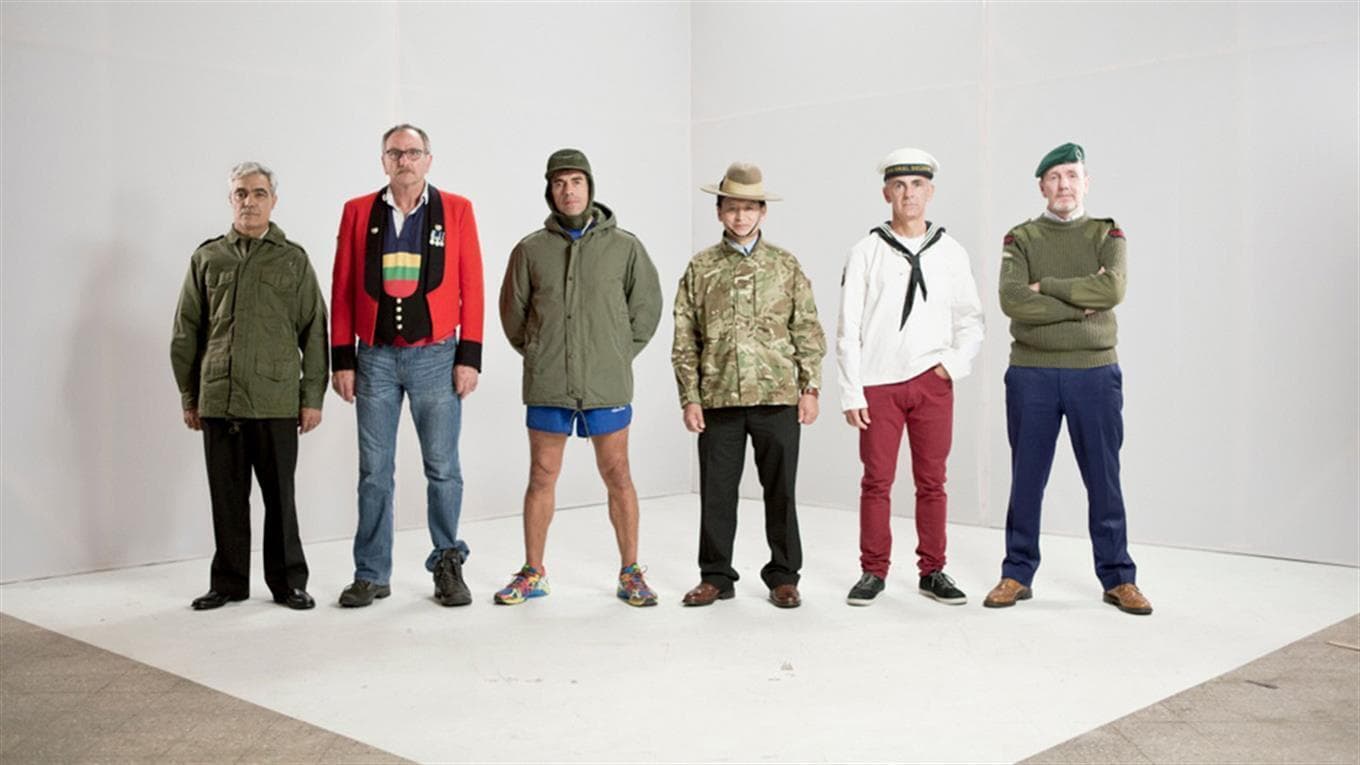
As a fiction writer, I believe that form is established in the writing and that meaning is constructed in the space between the words, in the tone of voice and in the silence, in situations born from my imagination. But as a documentary director, I like to know that a part of the experiment goes way beyond anything I can imagine myself.
Script
The staged documentary is an unpredictable fiction that starts out from a script that writes itself. When I started filming Theatre of War I had already written many scenes, based on interviews and improvisations, and had a structure that mapped out a route. But there remained many open spaces for the situations that were created as we shot the film.
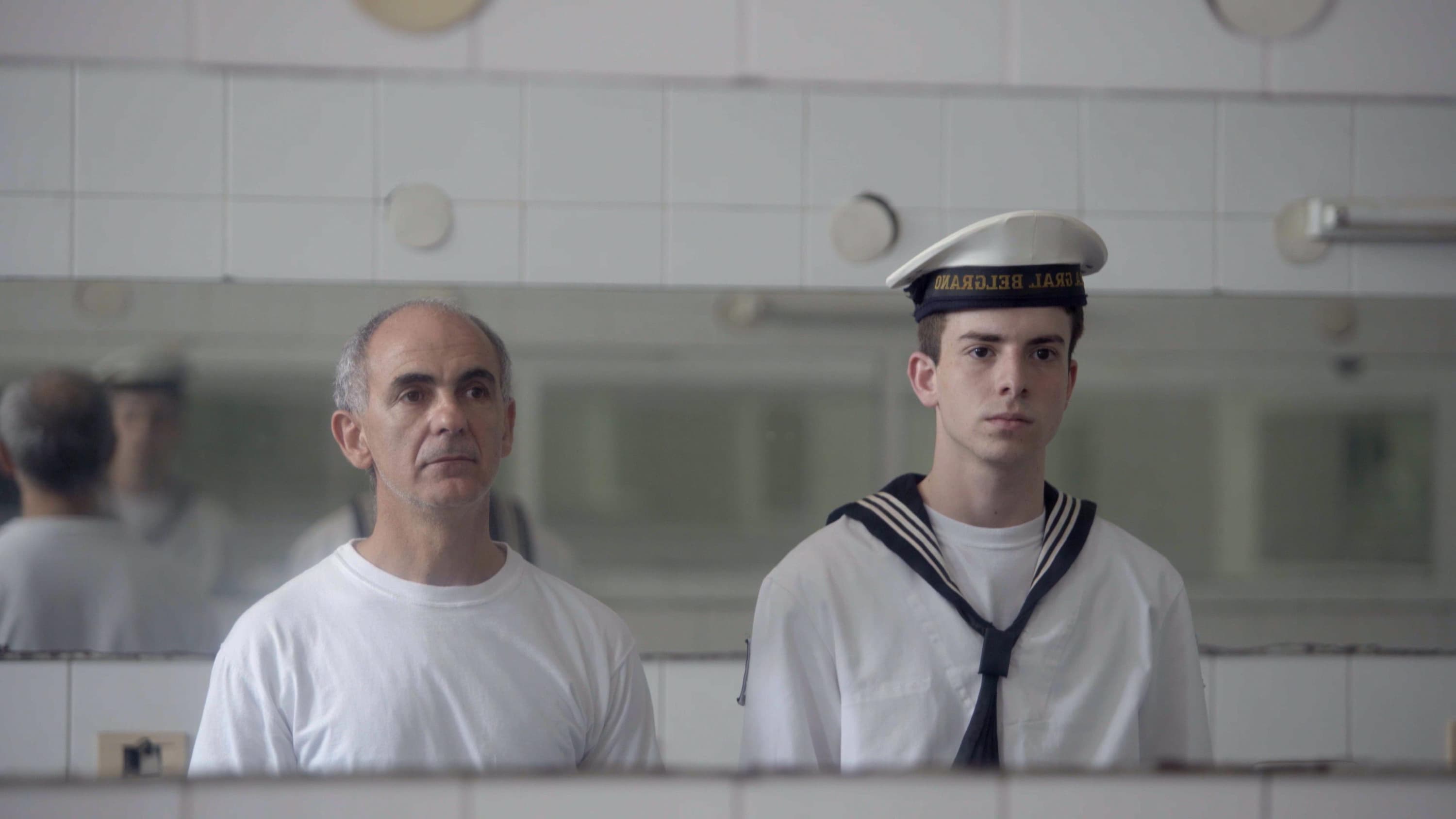
For example, I knew how the film started and ended, but I didn’t know all of what would happen in the middle. I knew that the film started with the casting of the veterans, looking for the protagonists, and ended with some young actors—our soldiers’ doubles at the age they were at the time of the war—acting out a scene. I knew that at the end I wanted the young soldiers to act out a situation based on the veterans’ memories. That’s why the film ends with them acting off-screen, and only their voices can be heard. As if all the film were a preparation for a fiction about the Falklands/Malvinas War that the viewer will never see.
Repeat
In French, the word for “rehearse” is répéter, literally “to repeat,” and repetition is at the heart of my work. When I put together a scene from the stories that the performers have told, there is a continuous process of rewriting the experience. Every time the person repeats the scene, they think again about what they have said. And those words pass again through their body and ring out in a new way. From that moment, generally, the performers gradually change what they say a little bit, because every time they understand the experience in a new way. During the repetitions, the performer gradually re-appropriates the experience.
In my plays and in the film, the performers collaborate in the creation of the text. In giving them a written script about their lives, they have the possibility to discuss the text, to modify it. That re-writing is the most complex part of the shared work, because there is always some discomfort around the question of who the author really is: the person who lived the experience, or the person who is transforming it into a text.
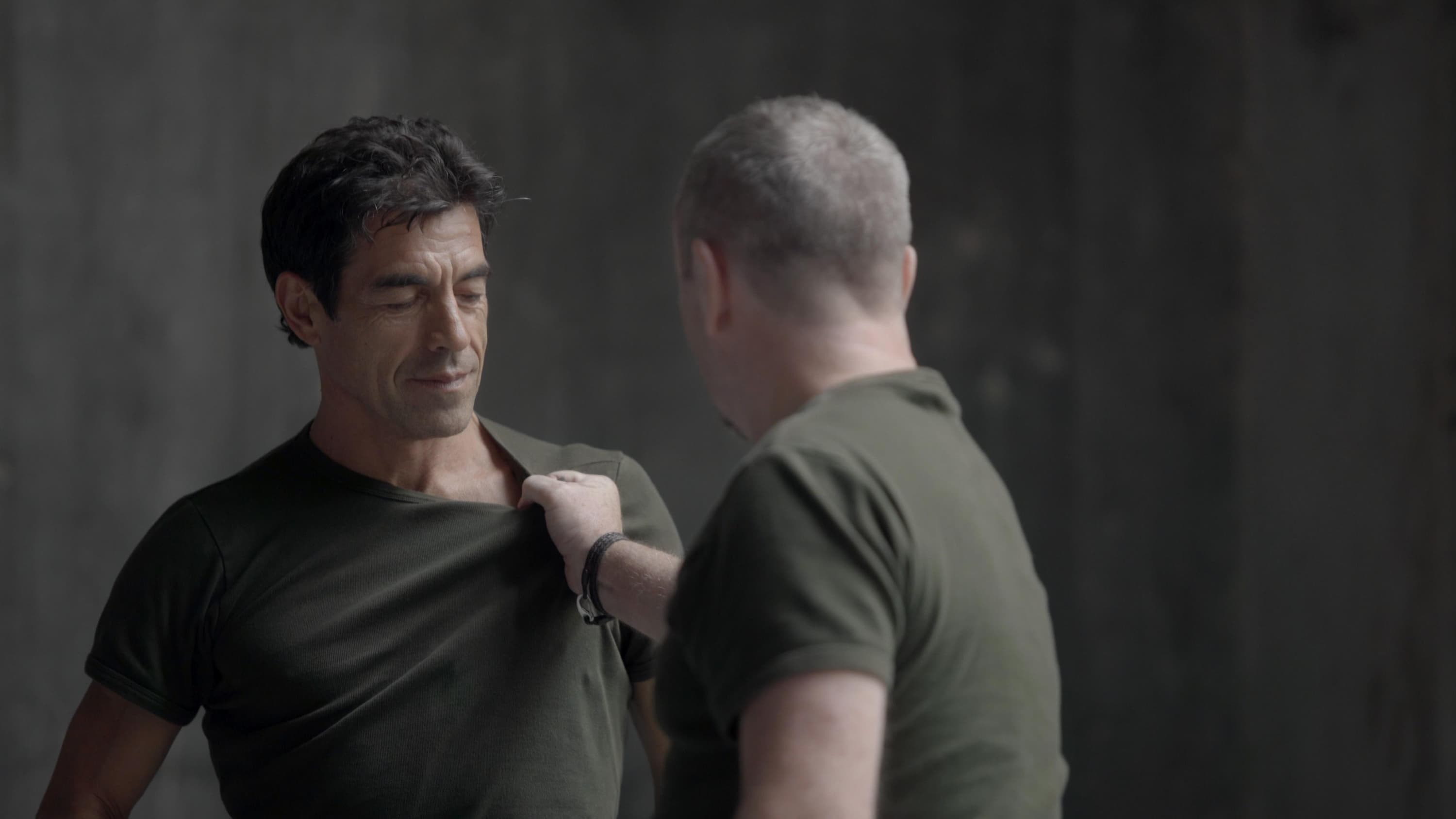
Acting to live
In many of my plays and in my films, the performers act out a real situation that they lived in the past. While I was writing this text, I started to shoot my second film, Reas, another staged documentary performed by cis and trans women who had been in different prisons of Buenos Aires. In an abandoned jail, they reconstruct scenes from their past life in the form of a musical in which they also sing and dance. The space is a real prison, but it is no longer in use. The performers were in prison, but now they are free. In a way it is as if they were acting out that painful experience to distance themselves from it, empower themselves, and be able to live with it.
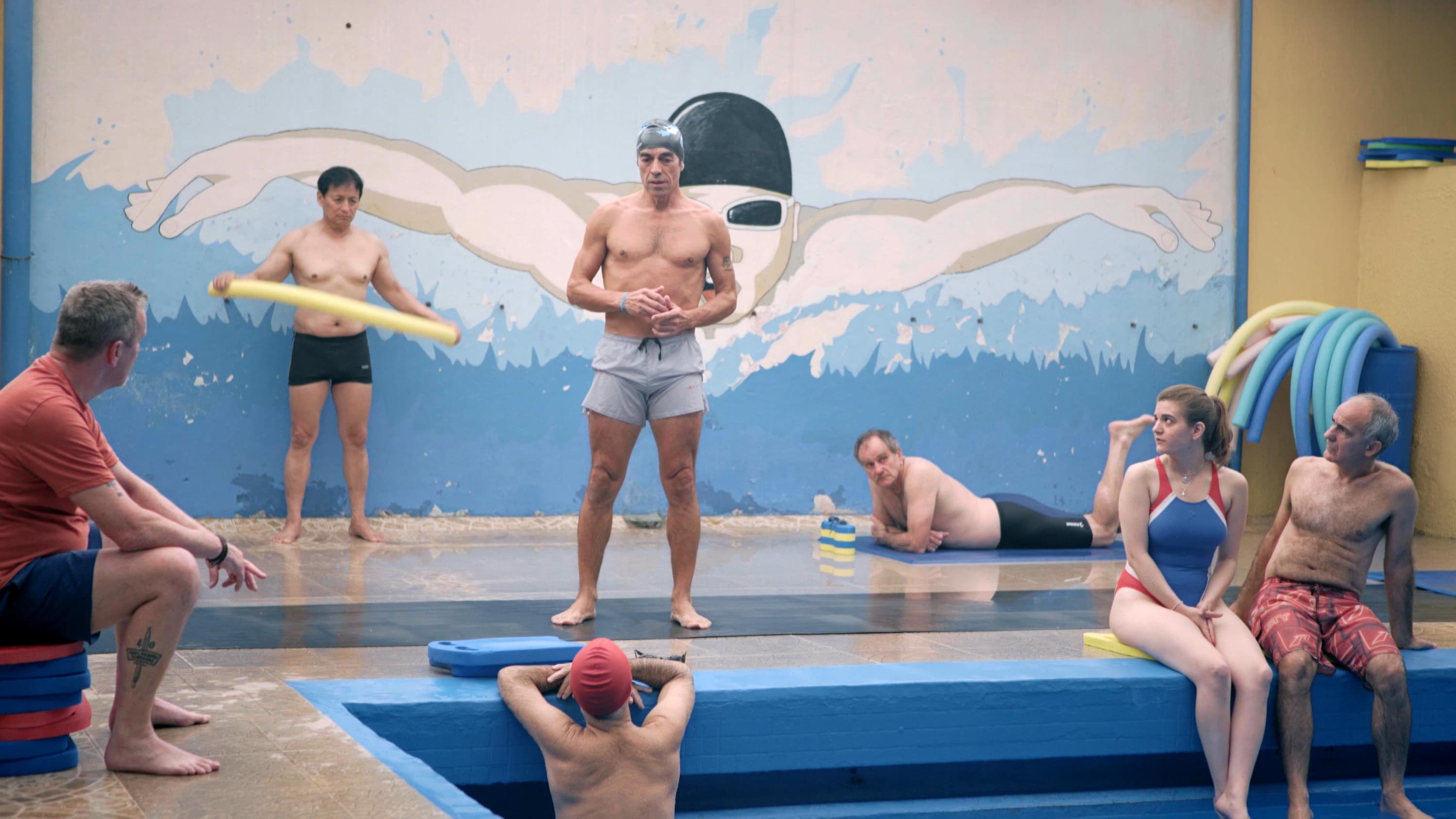
The staging of my projects sometimes leads some people to ask: if they’re acting, why don’t you work with actors? I trained for years as a theater actor and director, and what I find most interesting about working with people who have never acted is precisely their discovery of acting. When someone acts for the first time, it is as if they recover some knowledge from their childhood. Seeing the performers discover acting is like seeing them as children; I see who they were and who they are now. I see how they think, how they imagine, how they duel with their ghosts.
Collective memory
The plays and films I make are journeys in time. When we were rehearsing Minefield, the play with the same protagonists as Theatre of War, Marcelo, an Argentine veteran, said that when he heard the voices of the British saying “weapons and helmets” as they stripped the Argentine soldiers of their belongings in the rehearsals, he started to remember the end of the war, when he and the other soldiers surrendered their weapons and realized they were going home. For some reason that part of the experience had been wiped from his memory. And with the re-encounter with the British veterans, it re-appeared.
Trauma
Sometimes people ask me whether I’m afraid of re-traumatizing these people as they re-live the past. But if trauma is the impossibility of living with an experience that has become painfully fossilized, returning to that experience through art allows us to change its form. That change of form is the operation that interests me, that inner movement.
About the author
Lola Arias is a writer and a theater and film director. She collaborates with people from different backgrounds (war veterans, former communists, queer families) in theater, literature, music, film, and art projects. Her productions play with the overlap zones between reality and fiction. Her most recent theater plays are Mother Tongue (2021), Futureland (2019), What they want to hear (2018), Atlas des Kommunismus (2016), and Minefield (2016), which brings together British and Argentinian veterans of the Falkland/Malvinas war to share their experience of the conflict and life since.
Her feature film Theatre of War (2018) was selected for the 68th Forum of the Berlinale Film Festival and screened in numerous film festivals all around the world. It received several awards, including the CICAE Art Cinema Award, the International Confederation of Art House Cinemas Award, and the Ecumenical Jury Award. Arias was also awarded Best Director at the 20th BAFICI Festival in Buenos Aires. She also created the exhibitions Slow Motion (Berlin, 2021), Stunt Double (Buenos Aires, 2016), and the durational performance Audition for a Demonstration (2014), which was presented in Berlin, Prague, Athens, and Buenos Aires. She has published poetry, fiction, and plays. Her works have been performed at such prestigious venues as Festival d'Avignon, Wiener Festwochen (Vienna), Royal Court Theatre, MOMA NY, Museum of Contemporary Art Chicago, and many others.